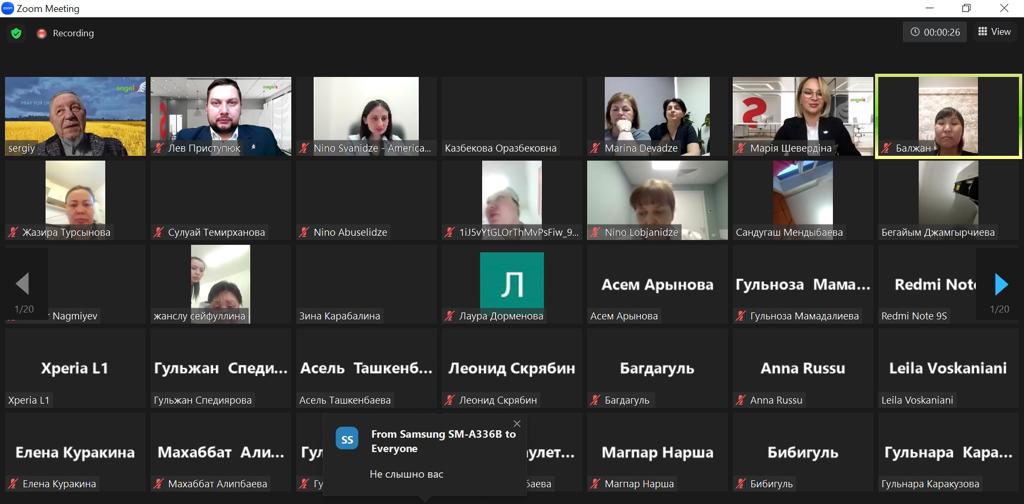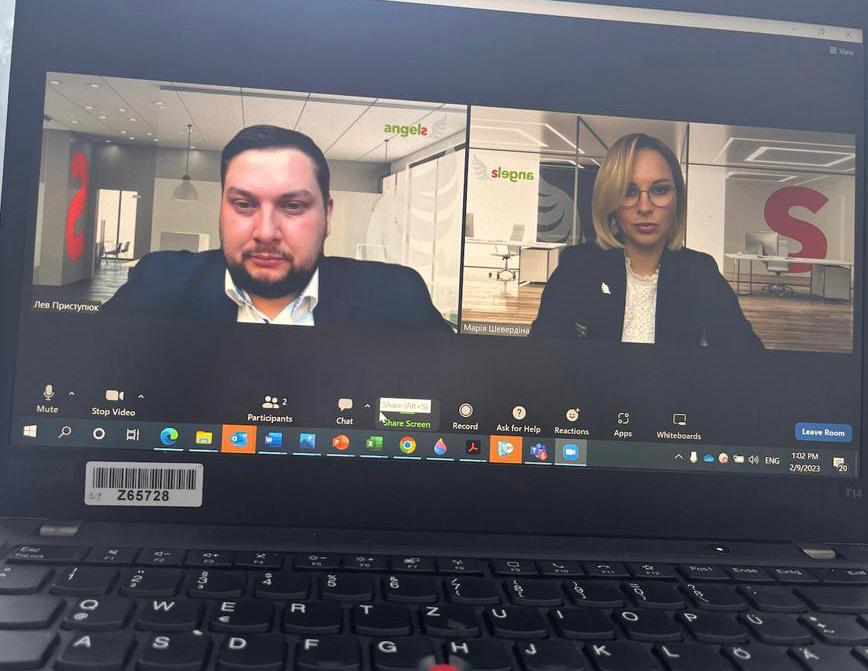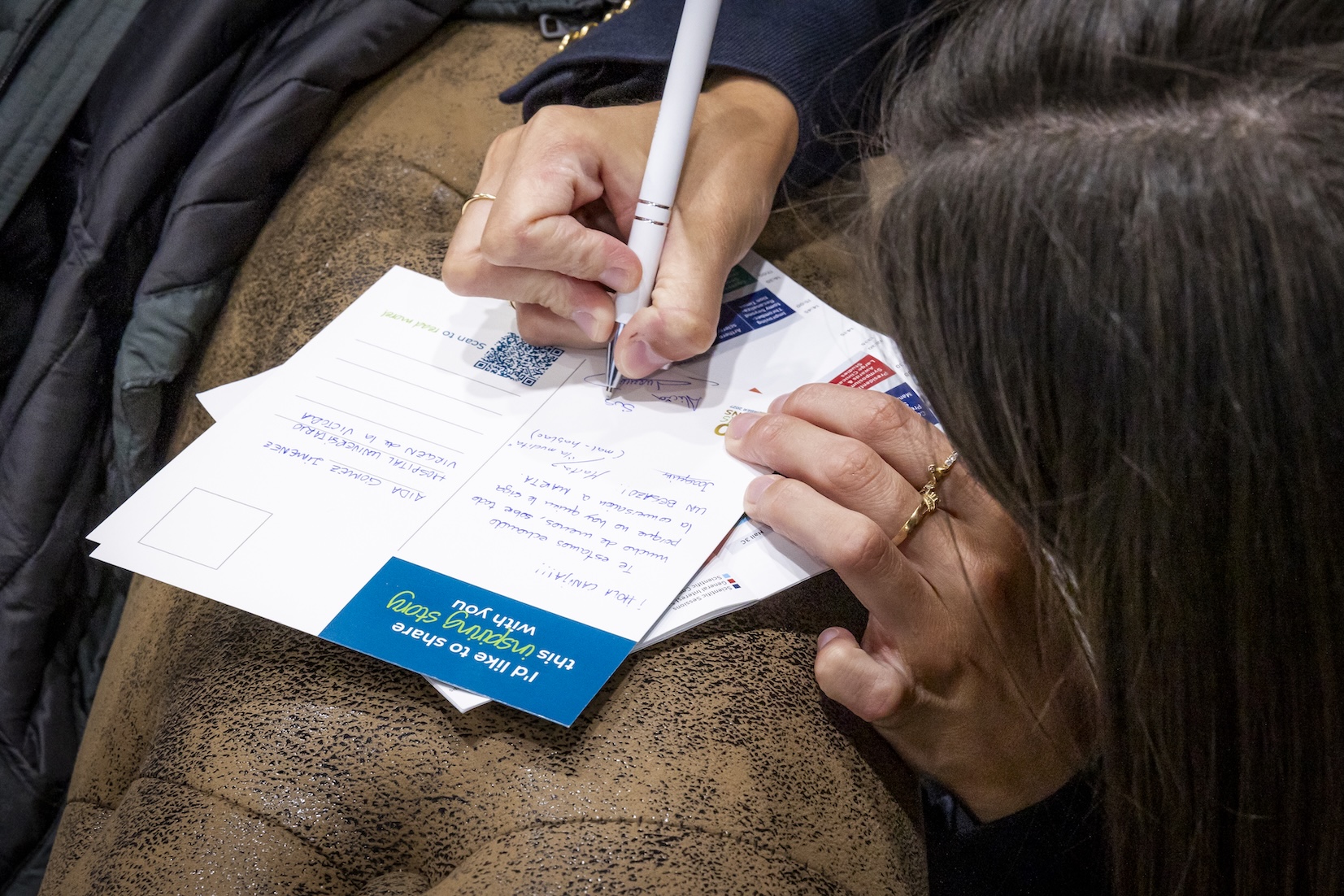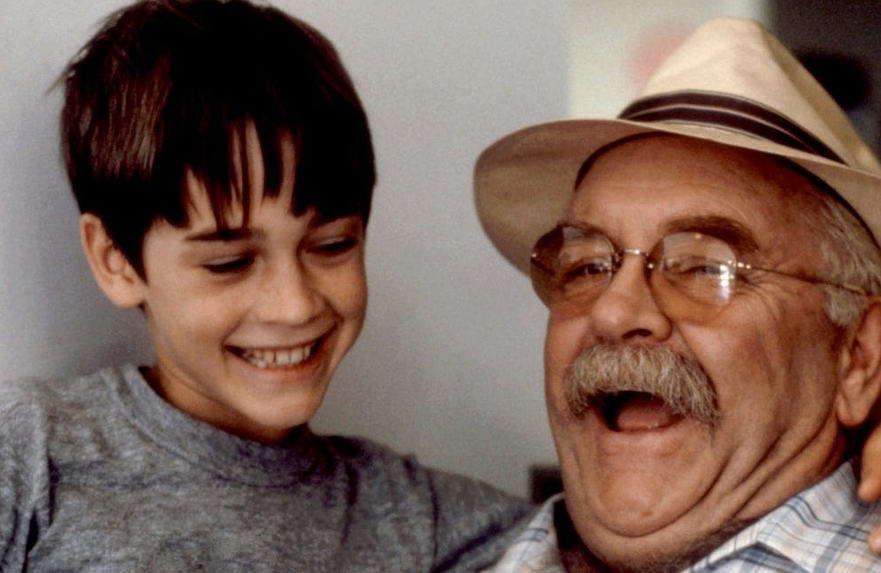
Była to 14:00 na Ukrainie i w Mołdawii, kiedy profesor Sergeii Moskovko i konsultanci Angels, Maria Sheverdina i Lev Prystupyuk, przedstawili uwagi otwierające w wirtualnej Szkole Pielęgniarstwa dla Opieki Udarowej.
Był to już czas na herbatę w Armenii i Gruzji, a koniec dnia pracy w Uzbekistanie.
W Kazachstanie i Kirgistanie, nawet dalej niż wschodzie, słońce już się skończyło, kiedy o 18:00 pielęgniarki z sąsiednich republik azjatyckich połączyły się na czterodniowe warsztaty szkoleniowe dla pielęgniarek udar.
W czterech kolejnych czwartkach między 9 lutego a 2 marca uczestnicy podzieliliby się swoimi wirtualnymi zajęciami z pielęgniarkami z 117 szpitali w sześciu krajach, otrzymując instrukcje dotyczące tematów, które obejmowały prawidłowe wprowadzenie sond i cewników, odżywianie, pozycjonowanie i protokół FeSS (Fever - gorączka, Sugar - cukier, Swallowing - przełykanie), a także złagodzenie psychologicznego wpływu udar mózgu na pacjentów i ich rodziny oraz na pielęgniarki, które się nimi opiekują.
Chociaż prawdopodobnie nie można było powiedzieć z ich spokojnego poniżenia, konsultanci Inicjatywy Angels w Ukrainie Lev i Maria, organizatorzy wydarzenia, spędzili rano. W ciągu trzech tygodni od rozpoczęcia rejestracji około 500 pielęgniarek zarejestrowało się na szkolenie, co było dla nich wielkim sukcesem. Ale kiedy rano się zaczęli, zauważyli, że miało miejsce coś nadzwyczajnego.
Lev i Maria obserwowali swoje ekrany w astonizacji, ponieważ liczba rejestracji wzrosła z 500 do 600 w przestrzeni wynoszącej 10 minut. W ciągu najbliższych 10 minut zachorował do 700. Trzydzieści minut przed rozpoczęciem warsztatów przeprowadzali pilne rozmowy z zespołem wsparcia technicznego i ze sobą. Dziewięćset pielęgniarek zostało do tej pory zarejestrowanych na to wydarzenie, a liczba nadal rośnie.
Przed godziną 14.00 wszyscy mieli zamiar rozesłać webinarium do 1000 uczestników, a School of Nursing for Stroke Care start.
Pielęgniarki odgrywają kluczową rolę we wszystkich fazach leczenie udaru, Lev i Maria mówią. Rzeczywiście, w badaniu przeprowadzonym w 2016 r. na udar Uniwersytecie w Aberdeen stwierdzono, że optymalna liczba pielęgniarek świadczących opiekę nad pacjent była najlepszym predyktorem przeżycia. Wzrost liczby tylko jednej wyszkolonej pielęgniarka na 10 łóżek może zmniejszyć śmiertelność w ciągu 30 dni nawet o 28%, a śmiertelność w ciągu jednego roku nawet o 12%.
Nie ma wątpliwości, że przeprowadzenie szkolenia dla pielęgniarek w zakresie udar mózgu ratuje życie, szczególnie jeśli wyszkoleni pielęgniarki staną się mistrzami udar i dzielą się swoją wiedzą ze współpracownikami. Ten potężny wpływ na jakość i przeżycie leczenie udaru mózgu stanowi nieoceniony argument dla zdalnych inicjatyw szkoleniowych, takich jak te z Zespół Angels z Ukraińskich grup, które w listopadzie 2022 r. odbyły webinarium dla ponad 200 pielęgniarek ukraińskich.
W czasie pandemii narzędzia technologiczne służące do udostępniania informacji zdalnym odbiorcom przyszły do własnego użytku i okazały się nieocenione w czasie wojny. Ponadto Lev i Maria mogą liczyć na udział ekspertów w niektórych głównych czynnikach wpływających na poprawę leczenie udaru na Ukrainie, w tym prof. Moskovko, dr Dmytro i Pavlo Lebedynets, 2023 Spirit of Excellence nominee Dr Mykhailo Tonchev, uznanym za specjalistę od walki z opieką opieka zdrowotna, dr Yuri Vorokhta, i wiodącym pielęgniarka udarowa ds.
Jednak internetowe narzędzia do udostępniania informacji są również przydatne do przekraczania granic, o czym chodziło internetowe Szkoły Pielęgniarstwa w lutym. Była to okazja, aby pozytywnie wpłynąć na leczenie udaru w sześciu kolejnych krajach, w których uczestniczyli konsultanci Angels, którzy zostali odpowiednio zastąpieni przez wojnę i w jej gęstości, a także wspierani przez tę samą hojną linię ukraińskich ekspertów ds. udar.
Na początku planowania Lev i Maria podzielili się koncepcją warsztatów z krajowymi koordynatorami udar w odpowiednich krajach, którzy z kolei rozprzestrzenili się na obecne i potencjalne szpitale przystosowane do leczenia udar na swoich terytoriach. Oprócz wyposażenia pielęgniarek w tych szpitalach w umiejętności związane z udar, celem było zmiana postrzegania roli pielęgniarek, umożliwienie im wdrożenia nowej wiedzy w ich szpitalach i ułatwienie dzielenia się doświadczeniami pomiędzy pielęgniarki z różnych krajów.
Poziom opieki różni się w zależności od kraju, Maria i Lev mówią. Chociaż standard edukacji pielęgniarstwo jest ogólnie niski, zainteresowanie nabywaniem umiejętności jest wysokie. Taki sam apetyt na naukę, który wysyłał numery rejestracyjne przed wydarzeniem, ujawnił się również w czasie pytania, które zakończyło sesję każdego dnia.
Zaplanowano, że warsztaty każdego dnia potrwają 2 godziny, ale jak prezenterzy zajęli się męczącymi pytaniami, każdy wkrótce stracił czas. Gdy każda sesja się skończyła, to było po 18:00 na Ukrainie i Mołdawii, na czele o 21:00 w Armenii i Gruzji oraz prawie 22:00 w Uzbekistanie.
A w Kazachstanie i Kirgistanie było to już przebycie godzin snu dla nowo umocowanych pielęgniarek, którzy mieli poranną zmianę.




